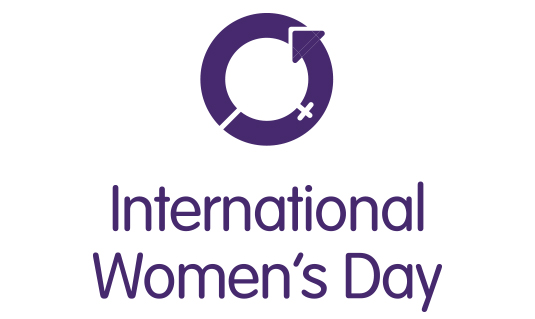
The theme of this year’s International Women’s Day is: #PledgeForParity
Through the Dakar Framework for Action1, the international community established goals for meeting the basic learning needs of every child, youth and adult by 2015, with a view to promoting “Education for All”. For the Commonwealth of Learning (COL), the two gender-related goals outlined within the framework are particularly relevant to its work in promoting ‘learning for sustainable development’. The goal of gender parity focuses on achieving equal participation of girls and boys in all forms of education based on their proportion in the relevant age-groups in the population. The goal of gender equality focuses on ensuring educational equality between boys and girls.
In the post 2015-era, these gender-related goals continue to be critical not only for COL but for the international community, by the inclusion of gender in the Sustainable Development Goals2 (SDGs): SDG 4 is “Ensure inclusive and equitable quality education and promote lifelong learning opportunities for all” and Target 4.1 is “by 2030, ensure that all girls and boys complete free, equitable and quality primary and secondary education leading to relevant and effective learning outcomes.” SDG 5 is “Achieve gender equality and empower all women and girls.”
Gender parity at all levels of learning and education is important because it paves the way for parity in livelihood opportunities and facilitates women and girls’ equal presence at senior levels of leadership and decision-making. According to the Organisation for Economic Co-operation and Development (OECD), increased female education in developing countries can lead to better health and employment outcomes and increase in women’s decision-making power3.
This year’s IWD theme of #PledgeForParity is particularly relevant to COL’s work. Through the Girls Inspire initiative, COL is contributing to the elimination of child, early and forced marriage (CEFM).
CEFM disrupts girls’ access to learning and education and has been shown to negatively affect their health. CEFM hampers girls’ ability to reach their full potential. According to the OECD, “as the percentage of girls in an early marriage increases, girls’ secondary school enrolment rate decreases and there is a larger gender gap in completion rates”4. One of the underlying causes of CEFM is gender discrimination. Gender discrimination is any action that denies opportunities and rights based on a person’s gender or sex. CEFM can negatively affect the fulfillment of girls’ right to education, which is enshrined in Article 28 of the Convention of the Rights of the Child5.
We, at the Commonwealth of Learning, believe that learning is the key to individual freedom and that learning brings empowerment. Facilitating girls’ access to learning and education, means they can make choices and decisions, which increases their ability to act and to influence their lives and environment. For COL, learning is a key tool in reducing poverty and achieving sustainable development.
Eliminating CEFM therefore plays a critical role in accelerating gender parity. Through Girls Inspire and its community of practice, COL is taking action to accelerate gender parity by building supportive environments that encourage and enable girls to learn and pursue educational opportunities. This community of practice strives to advance and support positive change through partnerships and strengthen its “practice” by exchanging resources and experiences. Through community mobilisation and awareness, COL is also advocating for girls’ education and helping to address conscious and unconscious gender biases.
On this occasion of IWD, through Girls Inspire and its community of practice, COL joins the #PledgeForParity by mobilising and engaging diverse development actors, community leaders and young people to work together in eliminating CEFM.
1 Retrieved from http://www.unesco.at/bildung/basisdokumente/dakar_aktionsplan.pdf
2 Retrieved from https://sdgs.un.org/goals
3 Retrieved from http://www.oecd.org/gender/data/gender-gaps-in-secondary-education-and-early-marriage.htm
4 Ferrant, G., Nowacka, K., and Annelise Thim. (2015). Living up to Beijing’s vision of gender equality: Social norms and transformative change. OECD Development Centre.
5 Retrieved from http://www.ohchr.org/EN/ProfessionalInterest/Pages/CRC.aspx


